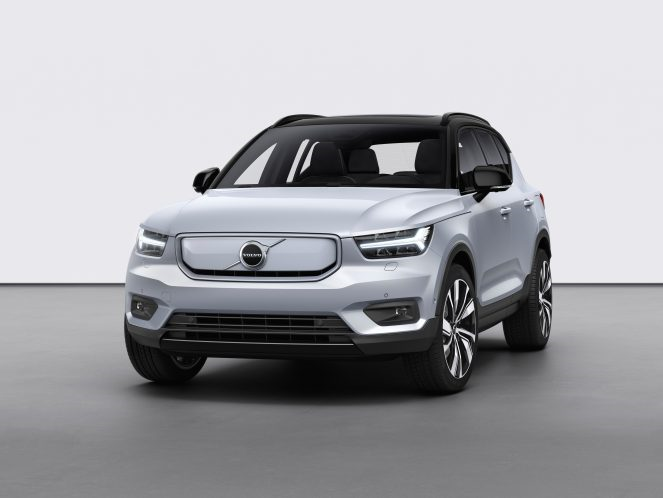Despite the pandemic’s impact, it seems that the demand for plug-in electric and hybrid cars has slowed down, but is progressing unstoppably with some very unusual cases such as Volvo. The company has seen the demand for plug-in models skyrocket this year.
According to the data just published by the Swedish brand, between January and June, they have delivered a total of 37,775 plug-in hybrids. A figure that represents a growth of 80% compared to the same period last year.
Demand has been located almost exclusively in Europe, which has accounted for 79% of world sales of this type of vehicle, registering 29,918 units in the first half. A demand that has centralized both the familiar V60 and the new SUV XC40.
Also noteworthy is the data from China, where the manufacturer has only obtained 3.2% of total sales of plug-in hybrids and where only 2,100 units have been delivered so far this year.
According to the manufacturer’s president, Hakan Samuelsson, these data points in the right direction to his goal of reaching a 20% sales share for his plug-in hybrids. A fact that the crisis seemed to question, but one they will finally achieve without significant problems.
Samuelsson added that the move to electric mobility and the gradual abandonment of diesel engines had not affected Volvo’s profitability. Sales of diesel-powered cars that have accounted for 45% of total deliveries this year. We can compare with the 60% achieved in the same period of 2019.
A commitment to electric mobility that seems to be being very profitable for Volvo that is positioning itself in a market that has accelerated the implementation and demand for electric and electrified option. The Swedish manufacturer has managed to place its products within a type of customer awareness of the need to bet on more sustainable ways, and who also have the economic capacity to face the over-cost that these alternatives still have.
Something that not only has a symbolic or advertising component but is also significant economically since, thanks to the reduction in its sales of diesel and gasoline cars, Volvo will be able to face the entry of the new emission standards in a much more positive way. It can avoid or reduce fines valued at between 400 and 500 million euros as early as 2021.

